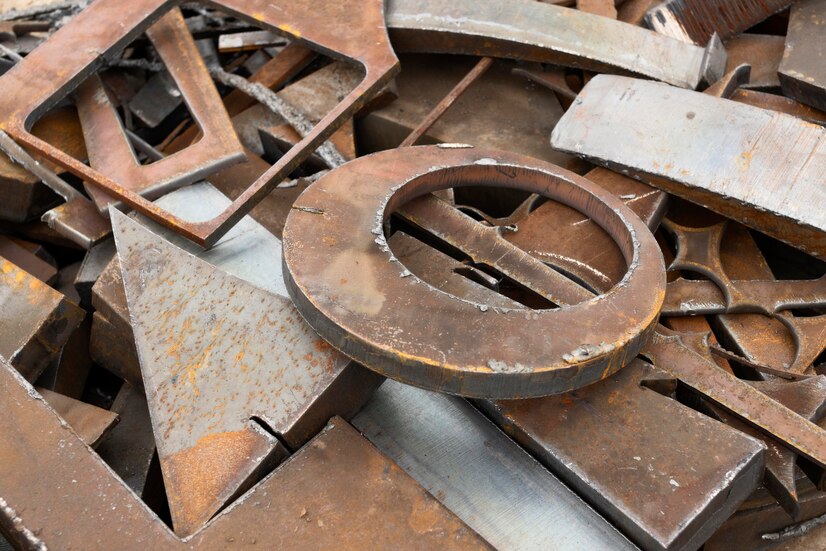Cremation urns have traditionally been crafted from wood, metal, or ceramic materials, reflecting a sense of time-honored tradition and solemnity. However, as society evolves, so do our preferences and attitudes towards memorialization. In recent years, there has been a growing interest in exploring unconventional materials for urn construction, offering unique and personalized ways to celebrate the lives of our loved ones. This article delves into the world of non-traditional urn materials, showcasing the innovative and diverse options available in the realm of memorialization.
Biodegradable Materials
With an increasing emphasis on environmental sustainability, many individuals are seeking urns made from biodegradable materials. These urns are designed to break down naturally over time, returning the ashes to the earth in an eco-friendly manner. Materials such as recycled paper, salt, and sand are becoming popular choices, allowing families to honor their loved ones while minimizing their ecological footprint.
Glass
Glass urns add a touch of elegance and artistic flair to the memorialization process. Crafted by skilled artisans, these urns come in a variety of shapes, sizes, and colors. Some glass urns feature intricate patterns or incorporate ashes into the glass itself, creating a truly unique and personalized memorial. The transparency of glass allows for a beautiful display of the cremated remains within, creating a visually stunning tribute.
Stone and Marble
For those seeking a more timeless and durable option, urns made from stone or marble provide a dignified choice. These materials have been used for centuries in architecture and sculpture, symbolizing strength and permanence. Stone and marble urns come in a range of textures and colors, allowing families to select a piece that resonates with the personality and style of their loved one.
Alternative Composites
Innovation in material science has given rise to urns made from alternative composites, such as bio-resins and plant-based polymers. These materials offer a contemporary and customizable option for those looking to break away from traditional choices. Additionally, the versatility of these composites allows for intricate designs and personalized touches that can capture the essence of the departed.
Fabric and Textiles
Fabric and textile urns provide a soft and comforting alternative to traditional materials. Families can choose from a variety of textiles, including silk, cotton, or wool, to create a personalized and tactile tribute. These urns may feature embroidered designs, allowing for a truly unique and artistic representation of the individual being remembered.
Conclusion
The world of urn construction is expanding beyond the confines of wood and metal, offering a plethora of unconventional materials that allow for greater personalization and creativity in the memorialization process. Whether choosing biodegradable options, glass, stone, alternative composites, or fabric, families now have the opportunity to select an urn that reflects the unique spirit and personality of their loved one. As we embrace these new materials, we redefine the way we honor and remember those who have touched our lives, creating lasting and meaningful tributes. Explore the possibilities and find the perfect urn that beautifully encapsulates the essence of your cherished memories.











